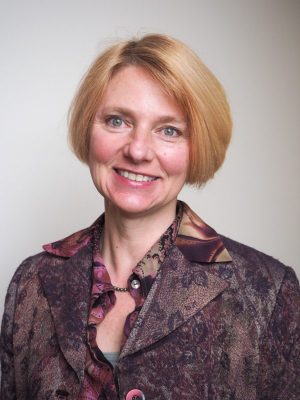Expert Available for New Tariffs on India
This week, the White House announced that it was doubling tariffs to 50% on imports from India, due to the country buying oil from Russia. Reporters looking for an expert to discuss how these tariffs will impact global trade and…


